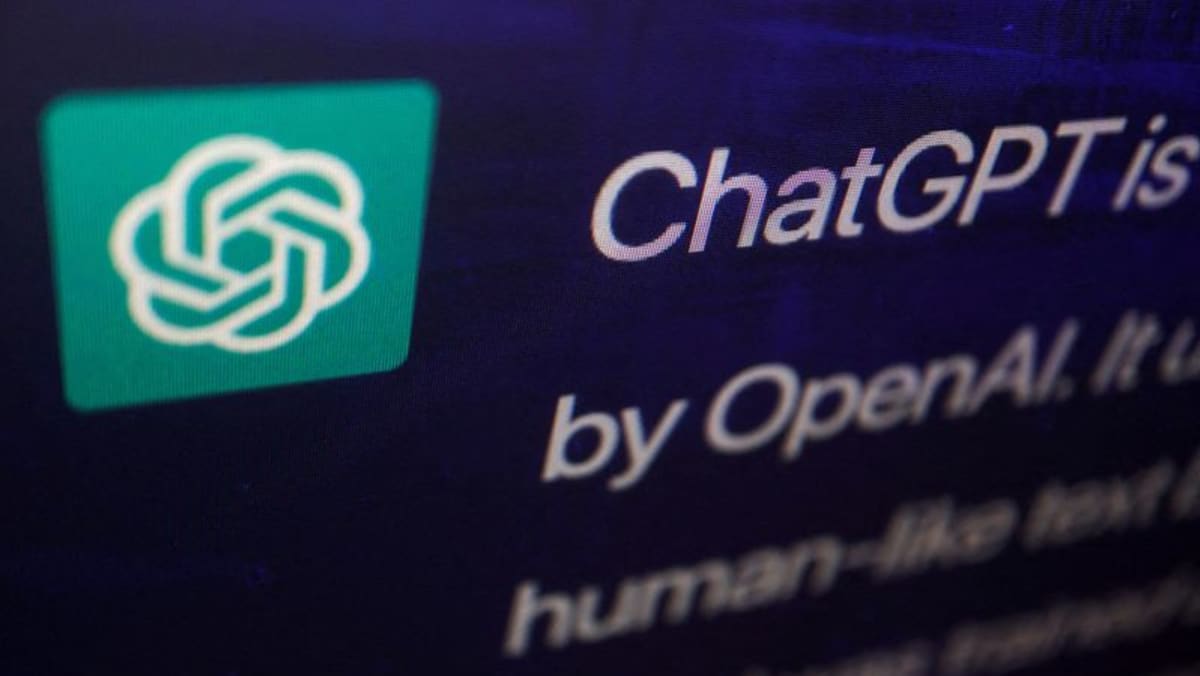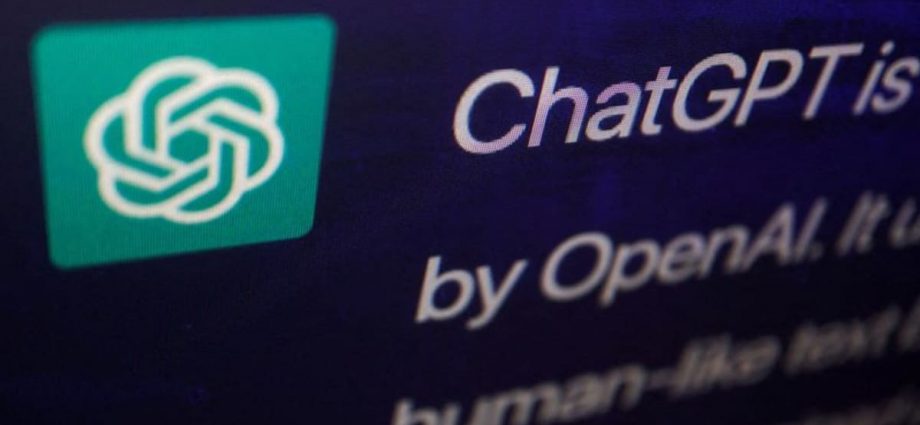
Xu’s Yuanyu Intelligent launched ChatYuan, a ChatGPT-inspired service as a mini-app on Tencent Holdings’ WeChat in January, touting it as the first generative AI pre-trained by Chinese language models.
However, China’s restrictions on online discussion limit the data sets which scientists use to train AI chat models. Xu said that his company’s ChatYuan is only able to satisfy up to 70 per cent of user requirements, while ChatGPT is capable of completing 90 per cent of tasks set.
ChatYuan is built on large models with more than 10 billion parameters in Chinese, and plans to launch a version with more than 100 billion parameters, said Xu. In comparison, OpenAI’s GPT-3 has 175 billion parameters.
Compliance is another issue. ChatYuan’s mini-app was suspended last week after authorities said such products need more scrutiny of their content.
“It’s different in China, compared with overseas,” Xu said. “We need more layers of filtering and processing in terms of text review.”
He said human moderators would be brought in to fix the problem.
There are also concerns over the costs of running ChatGPT-like services.
Li Di, chief executive of Xiaoice – a spin-off from Microsoft in China that developed an eponymous talking assistant almost a decade ago – noted in a recent interview with local media that although each ChatGPT query only costs a few US cents – it would cost millions of dollars a day for his company to run a similar service.
“Hiring a human to handle queries might cost less,” he said. Xiaoice itself was taken down from Tencent’s QQ messaging app in 2017 after giving user responses critical of the Chinese government. It was subsequently censored.
“It will need time [for Chinese companies] to build such a model, [OpenAI] also spent much time in development,” said Wong Kam-fai, a professor at Chinese University of Hong Kong who specialises in natural language processing. “It’s hard to say whether Chinese companies will be able to develop something similar.”
OpenAI is not short of cash. Founded in 2015, it has raised US$11 billion in total funding, according to start-up database service Crunchbase.
ChatGPT’s headline-grabbing debut has also spurred a flurry of competitors to raise their bets on AI chat bots, including Google, Microsoft and Baidu, operator of China’s largest search engine and which has invested heavily in AI.
Unfortunately, there has been the usual swarm of fakes and spam that has raised the alarm with local authorities. The Beijing Municipal Public Security Bureau on Thursday (Feb 16) warned in a WeChat post about the risks of using counterfeit chatbots based on inaccurate online information.
This article was first published on SCMP.

